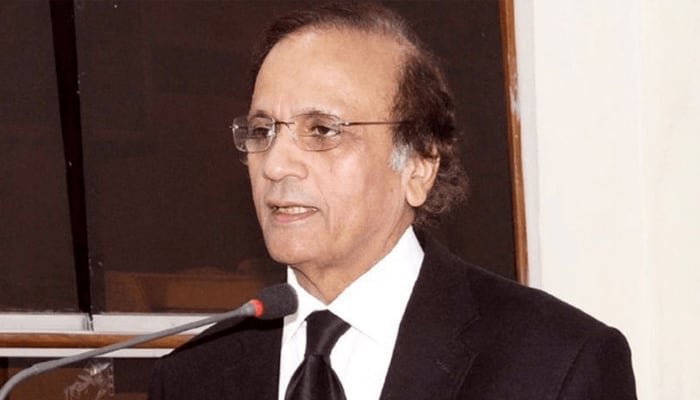Justice Yahya Afridi is likely to be appointed as the next Chief Justice of Pakistan following a unanimous decision by the Parliamentary Committee, pending approval of a new constitutional amendment package by the Parliament. According to government sources, this move could be finalized in the coming days. The constitutional package, which introduces significant changes to the process of appointing the Chief Justice, could set the stage for Justice Afridi’s elevation to the country’s top judicial position.
The proposed reforms aim to change the long-standing tradition of appointing the Chief Justice solely based on seniority. Instead, the new process will involve a special parliamentary committee tasked with recommending one of the three most senior judges of the Supreme Court for the position of Chief Justice. This marks a major shift in Pakistan’s judicial appointment system, where seniority has traditionally played a dominant role.
Key Candidates for Chief Justice
Justice Mansoor Ali Shah, Justice Muneeb Akhtar, and Justice Yahya Afridi are among the top contenders for the position once the current Chief Justice, Qazi Faez Isa, retires. While all three are considered strong candidates, Justice Yahya Afridi’s uncontroversial and impartial record in a divided Supreme Court has earned him significant support from government allies.
Justice Afridi has built a reputation for staying above political and institutional controversies, a characteristic that is especially important in the current climate of division within the judiciary. His neutrality could make him the ideal candidate to restore harmony and strengthen the judiciary’s independence.
Proposed Appointment Procedure
Under the proposed constitutional amendments, the Chief Justice will no longer be appointed automatically based on seniority. Instead, the appointment will be made through a more structured and transparent process involving a 12-member Special Parliamentary Committee. The committee will consist of 8 members from the National Assembly and 4 members from the Senate. If the National Assembly is dissolved, the entire committee will be formed from Senate members. The allocation of committee members will be based on proportional representation from different parliamentary parties, ensuring a balanced and representative committee.
The committee will be responsible for nominating one of the three most senior Supreme Court judges as the next Chief Justice. The name of the nominated judge will be forwarded to the Prime Minister, who will then seek approval from the President. In the event that the nominated judge is rejected, the committee will consider the next senior judge until an appointment is made. This step-by-step process ensures that the selection is methodical and free from arbitrary decision-making.
Role of Government Members in the Committee
The proposed amendment specifies that the Special Parliamentary Committee will have more government members, which has sparked some concerns about potential political influence in the judicial appointment process. However, proponents of the package argue that the inclusion of proportional representation ensures that all parliamentary parties have a voice in the decision. Each party’s parliamentary leader will nominate members to the committee based on the size of their representation in parliament, ensuring a broad spectrum of input.
Timely Appointments
The constitutional package also includes a provision requiring the committee to send the name of the newly nominated Chief Justice to the Prime Minister 14 days before the retirement of the sitting Chief Justice. For the first nomination following the passage of the 26th Constitutional Amendment, this timeline will be shortened to three days before the retirement of the current Chief Justice. This ensures that the appointment process is completed in a timely manner, preventing any potential delays or disruptions in the leadership of the judiciary.
Final Approval and Implementation
Once the committee has completed its nomination process and the Prime Minister has received the recommended name, the President will give final approval for the appointment of the Chief Justice. If any delays or issues arise due to vacancies or absences in the committee or commission, the package ensures that decisions or actions taken will still be considered valid, safeguarding the process from being derailed by procedural challenges.
The proposed constitutional amendments represent a significant shift in the way Pakistan appoints its Chief Justice, moving from a strictly seniority-based system to a more transparent, committee-driven process. Justice Yahya Afridi, known for his impartiality and steady demeanor, is widely seen as the frontrunner for the position. If the constitutional reforms are approved, they could pave the way for a new era of judicial appointments aimed at enhancing the independence and integrity of the judiciary in Pakistan.



